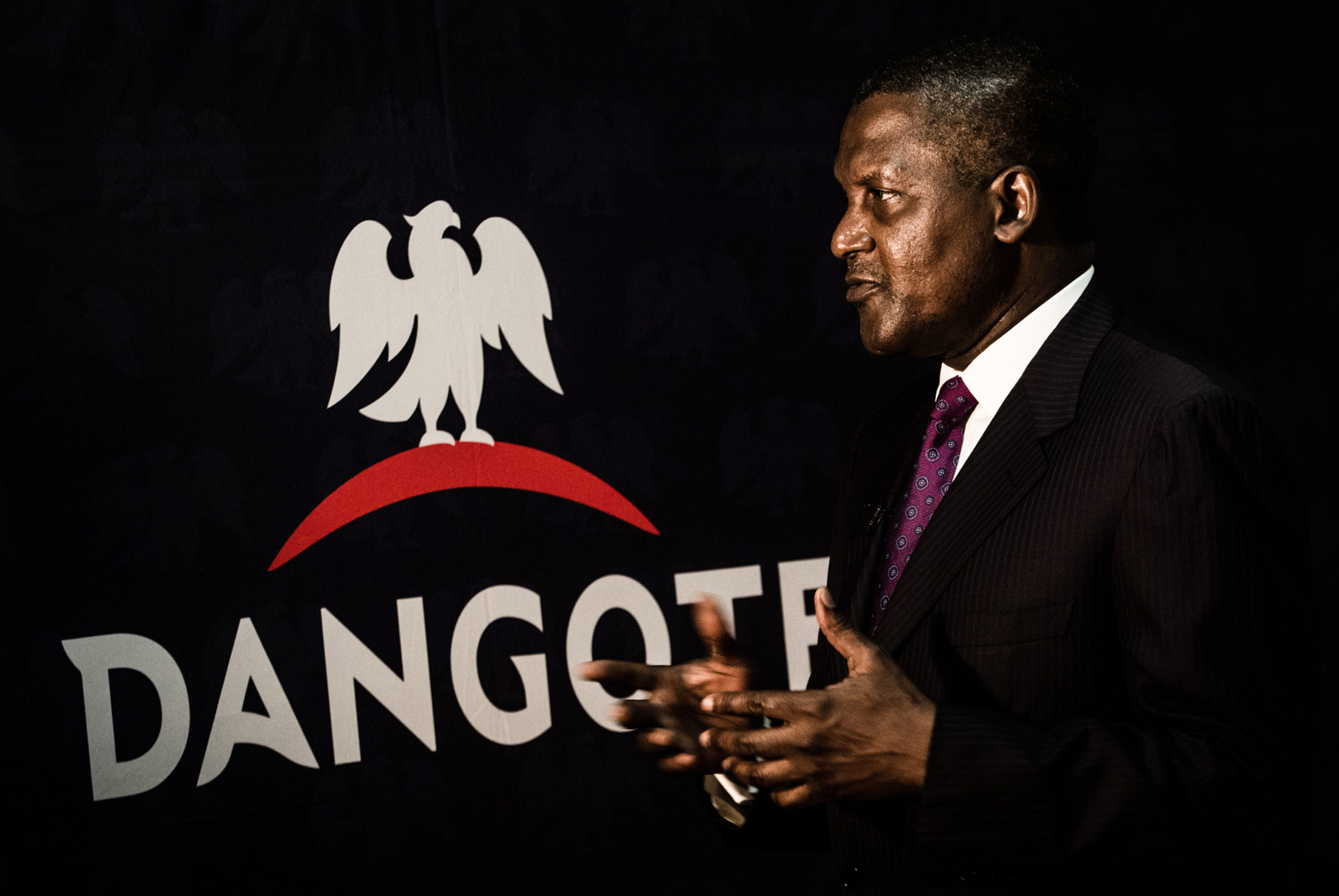- Dangote Canvasses For Power Improve at World Economic Forum
Leading industrialist and President, Dangote Group, Aliko Dangote, has told the audience at the World Economic Forum (WEF) holding in Davos, Switzerland, that a joint effort between the government and private sector to tackle power deficit remained a key element in boosting the economy of Africa.
Dangote, who also spoke about his efforts at contributing to lightening up Africa, starting from Nigeria, was one of the panelists at a discussion on: Closing the power gap in Africa, organised by the Satellite Television Channel, CNBC.
It is believed that once African countries can eliminate energy poverty, countries in the continent, including Nigeria, are well on their way to becoming key players in the global economy, given their resource endowments.
Dangote’s call comes as Philanthropist and renowned entrepreneur, Tony Elumelu, also used the Forum to highlight the $100 million entrepreneurship incubator under the Tony Elumely Foundation, TEF Entrepreneurship Programme, from which about 2,000 African entrepreneurs had already benefited from training and seed capital.
Meanwhile, Dangote advised African governments to imbibe policy consistency and avoid summersault, which he said often scuttled the business plan of investors and discouraged others from investing in the sector.
Dangote, who is investing heavily in power with his $12 billion refinery and petrochemical project, said part of his project in Lagos is laying of sub-sea gas pipeline from Niger Delta to Lagos, to provide 3 billion cubic feet of gas that can generate 12, 000 megawatts (mw) of electricity.
Other panellists at the discussion included, President of African Development Bank, Akinwunmi Adesina; Deputy President of South Africa, Cyril Ramaphosa; and Special Representative of the United Nation, Rachel Kyte.
Dangote said government must galvanise the private sector in the provision of stable power in Africa, saying: “at the end it would be a win-win situation because when power is available a lot of people will put to work and government revenue will also increase.”
According to him, his company signed a $5 billion collaborative agreement with Blackstone to generate power and that while the private sector is investing, the role of government would be to provide the operational framework and conducive environment for the investment to thrive.
He stated that given the abundance of resources needed to generate power like gas and coal which he said the continent is blessed with.
The business mogul explained that the twin evil that have the bane of low power in Africa are the lack of credible master plan and inefficient regulatory agencies saying of these challenges could be tackle genuinely, Africa will be on the way out of darkness.
ADB President, Adesina the multi-lateral funding agency is tired of seeing Africa in darkness, and has gone into several funding intervention to ensure African countries got out of darkness fast because lack of power is a major impediment to the growth of her economy.

 Forex3 weeks ago
Forex3 weeks ago


 Naira2 weeks ago
Naira2 weeks ago
 Billionaire Watch2 weeks ago
Billionaire Watch2 weeks ago




 Naira3 weeks ago
Naira3 weeks ago




 Naira2 weeks ago
Naira2 weeks ago




 Naira1 week ago
Naira1 week ago




 Naira4 weeks ago
Naira4 weeks ago




 Naira4 weeks ago
Naira4 weeks ago






















